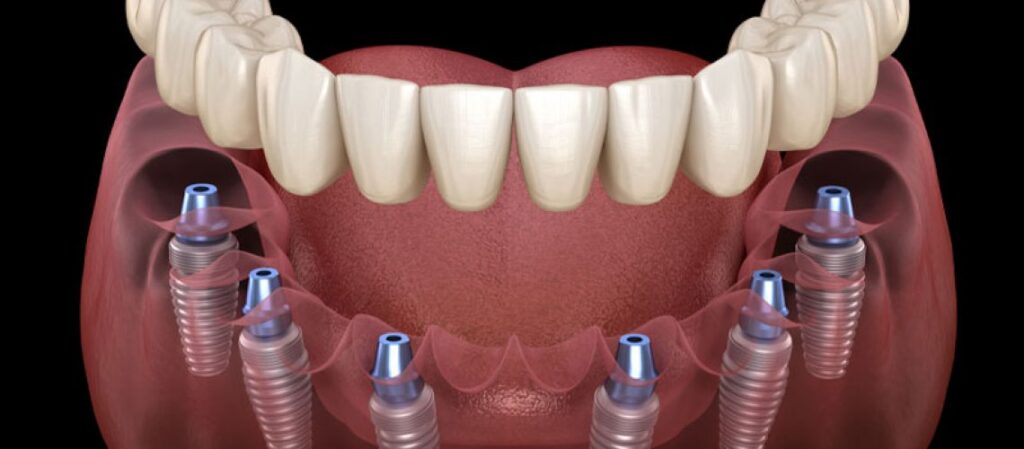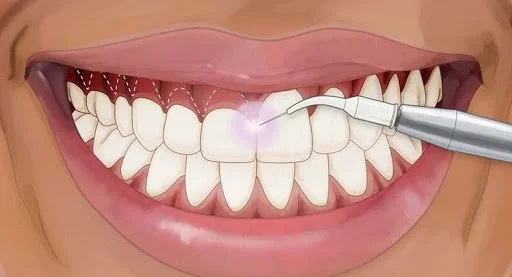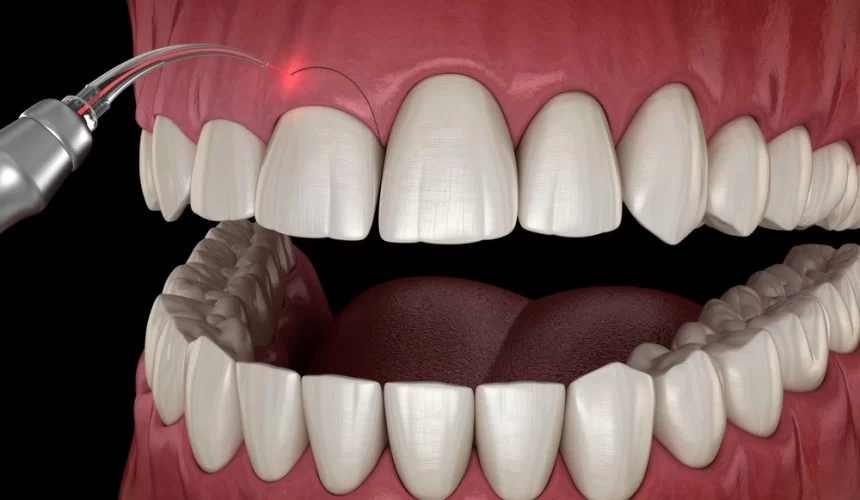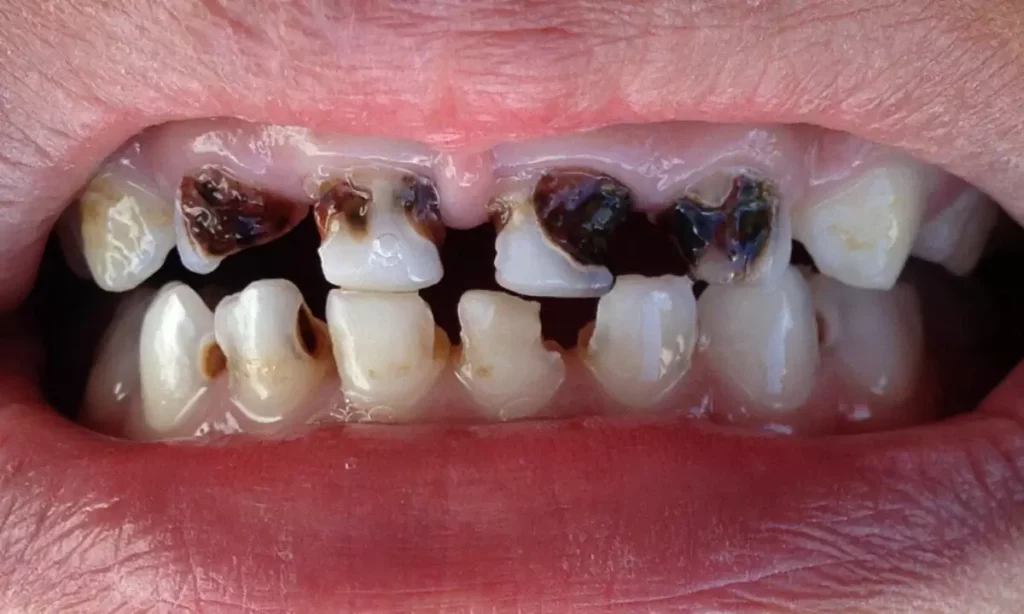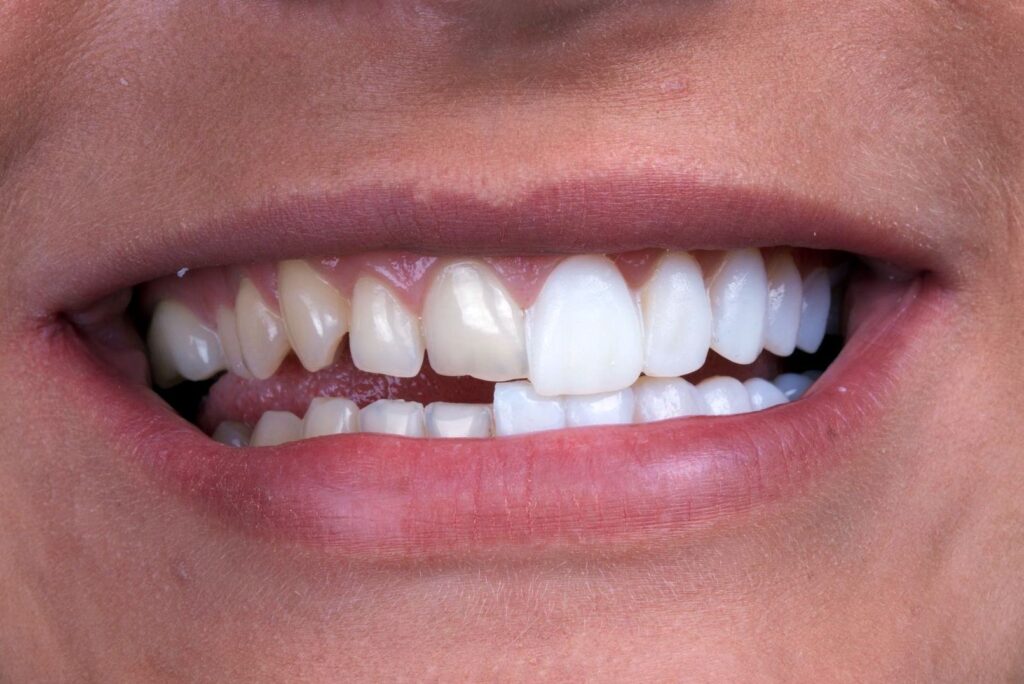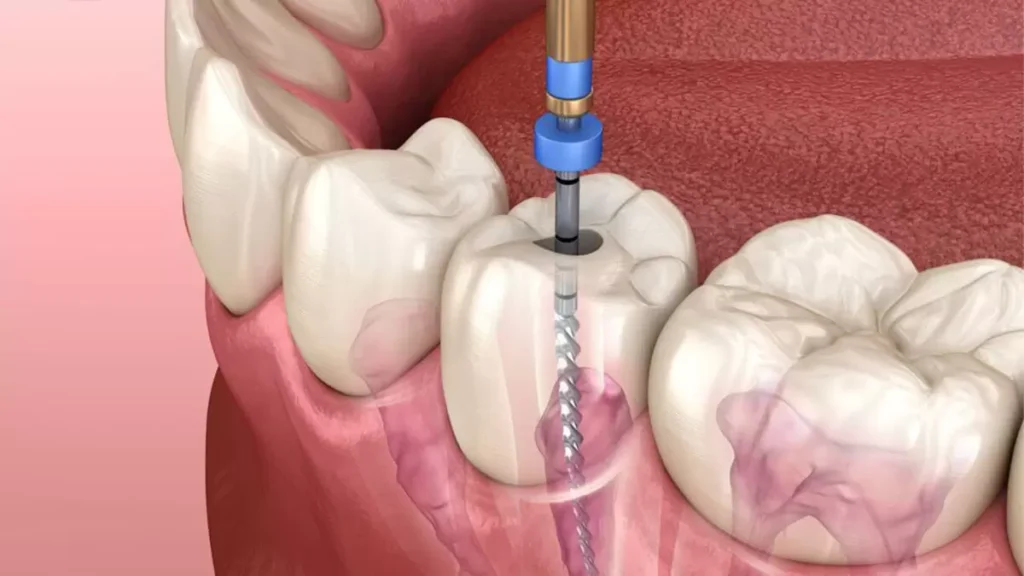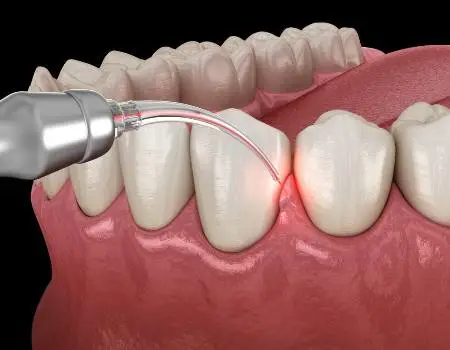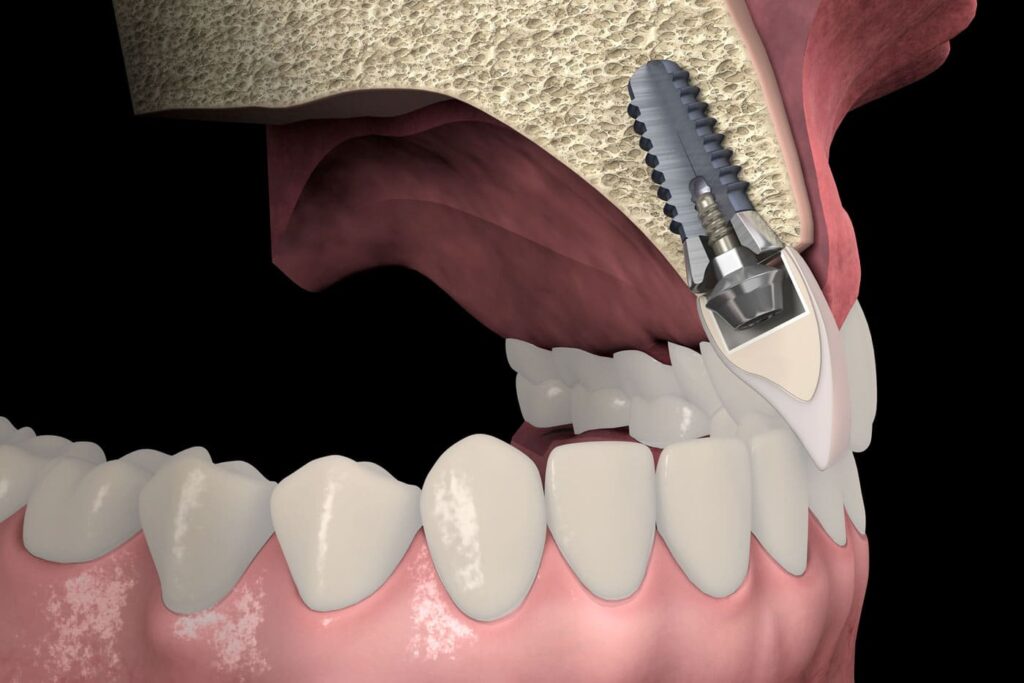Full mouth implant treatment offers a comprehensive approach to restoring both the aesthetics and functionality of your smile. Designed for patients experiencing significant tooth loss, this procedure replaces missing teeth with permanent, natural-looking implants, delivering comfort, confidence, and a renewed quality of life.
What Is Full Mouth Implant Treatment?
This treatment involves the placement of dental implants in one or both jaws to replace all missing teeth. Fixed or removable prostheses are then attached to the implants, effectively restoring the aesthetics and functionality lost due to tooth loss.
When Is Full Mouth Implant Treatment Recommended?
Full mouth implant treatment is ideal for:
- Patients who have lost or are about to lose all their teeth.
- Individuals who cannot comfortably use removable dentures and prefer a fixed alternative.
- Those with sufficient jawbone density to support implants.
How Does the Treatment Process Work?
- Examination and Planning
- Your dentist evaluates your oral health using panoramic X-rays and 3D tomography to assess jawbone density and plan the procedure.
- Implant Placement
- Implants are placed in the jawbone under local anesthesia or sedation for a pain-free experience.
- Temporary Prosthesis
- A temporary prosthesis may be attached immediately after implant placement to provide functionality during healing.
- Osseointegration (Healing Phase)
- Implants fuse with the jawbone over 3-6 months, ensuring a stable foundation.
- Permanent Prosthesis
- Custom-made fixed or removable prostheses are attached after successful integration.
How Many Implants Are Needed?
Typically, 4 to 8 implants per jaw are used, depending on the condition of the jawbone and the chosen type of prosthesis.
What Are the Advantages?
- Natural Appearance: Implants closely mimic natural teeth, providing a seamless and aesthetic smile.
- Improved Functionality: They restore chewing and speaking abilities with stability and ease.
- Longevity: With proper care, implants can last for many years without complications.
- Enhanced Comfort: Implants provide greater comfort and stability compared to traditional removable dentures.
Is the Treatment Painful?
The procedure is performed under local anesthesia, ensuring no pain is felt during implant placement. Some mild swelling or sensitivity may occur afterward but typically subsides within a few days.
Who Is Not a Candidate for Full Mouth Implants?
This treatment may not be suitable for individuals with uncontrolled medical conditions like diabetes or certain bone disorders. In such cases, overall health must be stabilized before proceeding with implant placement.
How Long Does the Treatment Take?
The overall duration depends on the time required for implant integration, typically 3-6 months. However, advanced techniques like immediate loading allow some patients to receive temporary prostheses on the same day as implant placement.
What Are the Costs?
Costs vary depending on factors such as:
- The number of implants required.
- The implant brand and materials used.
- The type of prosthesis selected.
A detailed dental consultation is necessary for an accurate cost estimate tailored to your needs.
Post-Treatment Care Guidelines
To ensure long-term success, follow these recommendations:
- Maintain excellent oral hygiene and adhere to your dentist’s care instructions.
- Avoid hard or sticky foods, especially during the healing phase.
- Attend regular dental check-ups.
- If you smoke, consider quitting, as smoking can negatively impact healing and implant longevity.
Full mouth implant treatment is a life-changing solution for those suffering from extensive tooth loss. By consulting with your dentist, you can explore a personalized plan to restore your smile and regain confidence in your daily life.
